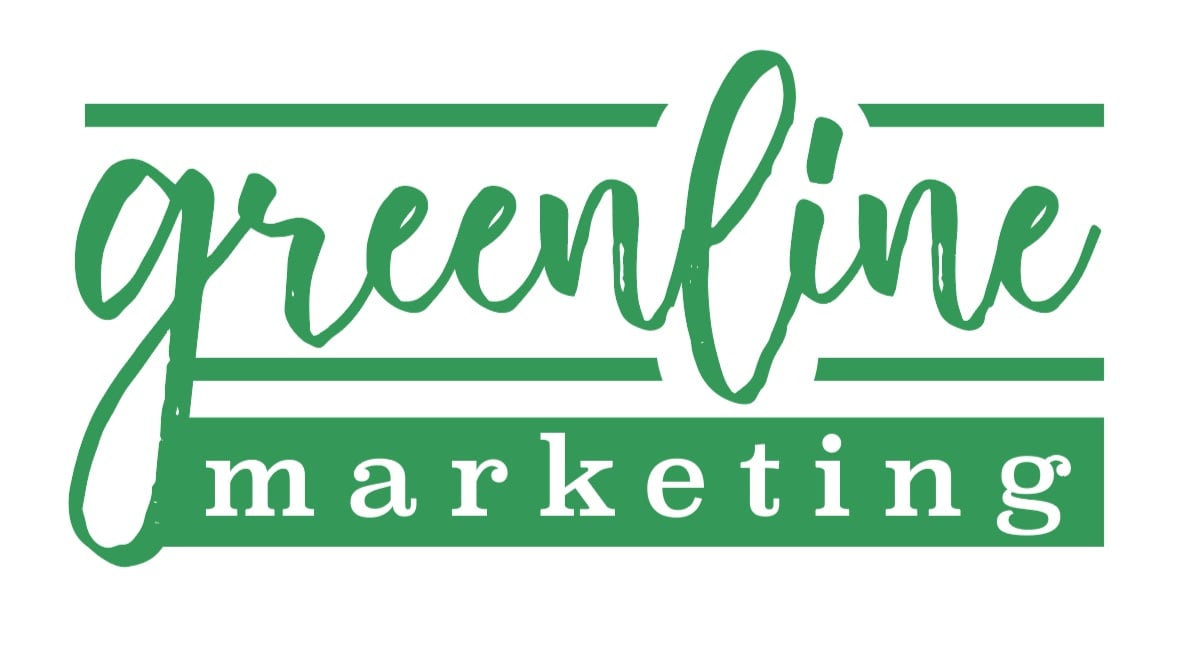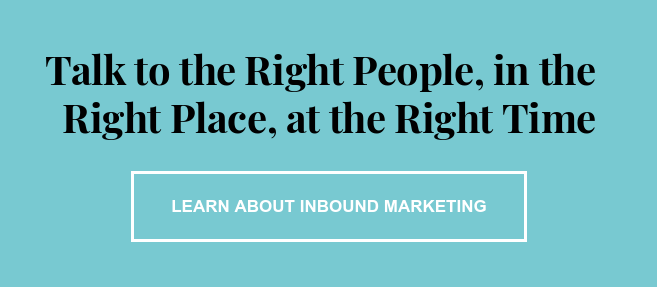You see them all over social media, hashtags. They’re the key to making social posts accessible to a wider audience. Hashtags have been around since 2007 and have been making their mark in the social media realm for over a decade. Do you find yourself wondering why they are so important and when should they be used? You’re not alone.
The Importance of Hashtags
If you aren’t familiar, a hashtag is a word or phrase preceded by a hash sign (#). They’re used on various social media platforms, some websites, and apps as a way of identifying key points or topics in your digital content. You can add them to your social images, captions, comments, and stories - the possibilities are endless. They may seem small and simple, but their impact can be huge.
We are all constantly scanning social media at a fairly rapid pace. The average person spends about 144 minutes on various social media platforms, every day. There is so much content out there, how do we know what’s relevant to us and our needs, questions, or problems at any given moment? This is where the impact of hashtags comes in.
The Power of Hashtags
Hashtags help your audience understand your post at a glance. Because hashtags are typically only a few words (PS, there’s a quick tip - don’t string a whole sentence in your hashtag), a consumer can tell almost instantly what your post is talking about and if it applies to them. If the keywords used in your hashtags are relevant to them, it may be the reason why they dig further into your profile or content.
Another reason to leverage hashtags is to reach a wider audience and grow your social media presence. This is probably the most impactful aspect of hashtags. Not only do they have the potential to grow your number of followers, but they also can encourage consumer interactions. The numbers don’t lie:
- Hashtags on Instagram: Stats show that posts including at least one hashtag see more engagement than posts that have none.
- Hashtags on Twitter: Tweets that include one or two hashtags see 21% higher engagement than Tweets that have none.
- Hashtags on Facebook: On Facebook, posts that include hashtags receive 12.6% more engagement than those without them.
- Hashtags on LinkedIn: Hashtags can actually be added to your company's description on LinkedIn. Adding up to 3 hashtags can really optimize your potential to reach a larger audience.
- Hashtags on Pinterest: The key number of hashtags to use for Pinterest is 0. It has been found that hashtags really aren’t all that effective when it comes to this platform.
- Hashtags on YouTube: Using hashtags on YouTube can help increase the number of views your videos get. They are most effective when you use 3-5.
Hashtags can almost act as a guide to bring your target audience right to you!
When + How to Use Hashtags
Although the benefits of using hashtags are straightforward, knowing when to use them isn’t always that way. Not every social media platform is the same when it comes to hashtags. For Twitter and Instagram, hashtags are crucial. Using at least one or two hashtags in every post or tweet can increase interaction and engagement, almost guaranteed. The optimal amount for Twitter is 1-2 and for Instagram, 11. Yup - ELEVEN.
Facebook, on the other hand, is a different story. It has been found that some posts on Facebook are better off without hashtags. The key for Facebook is to use very specific hashtags. This will help your page gain more visibility and allow people to engage in conversation. The optimal number of hashtags for Facebook is 3-4.

Tips for Choosing Hashtags to Use
In terms of which hashtags to use, it really depends on each post. Here are the top 3 tips to help you decide what hashtags are best to use for your social media...
1. Do Your ResearchIt’s important to do your research in finding what hashtags are going to draw in the most attention and engagement from your audience. Pay attention to current articles and news from various social media platforms to find trending hashtags. There are some great, free tools you can use to track your ‘hashtag success’ and see what posts with what hashtags bring you the most attention and interactions. They can also show what hashtags are most relevant to your post or photo. Some of these tools include:
2. Learn From Yourself & Others
Taking a look at what influencers or brands in your industry with large followings are using in their hashtags can be very helpful. It can help you gain a better understanding of what may be trending and what will draw in a wider consumer base.
Secondly, look at your own posts. Once you start incorporating hashtags into your regular content, you can see what hashtags drew in larger engagement and what ones did not. If you notice there are a couple of popular posts that use the same hashtags, make a point to use those in future posts as well.
Take a look at your post as a whole. Are there any additional bases your post covers? There could be more related hashtags available to incorporate than you realize. There is a great tool for that called Hashtagify.me which can help you organize your thoughts a little better. All you have to do is type in the main idea of your post. For example, if your post was all about digital marketing you could search #DigitalMarketing. This will pull a variety of other hashtags related to your original topic. It also can tell you what hashtags are more popular or are trending by the size of the circles.
It’s always important to keep up with trends and current events in your business. To create the most effective and impactful hashtags, you need to know what topics are trending. Every platform is different in terms of what words or phrases are trending. RiteTag is an extremely beneficial tool you can use to see what hashtags are most relevant to your post and caption while also looking at what hashtags will help your page receive the most engagement.
Knowing when and what hashtags to use based on your content could be the key to increasing your follower count and consumer base. The opportunity and ease of using hashtags is much too great to pass up. If you haven’t been using hashtags in your posts yet, give it a try!




